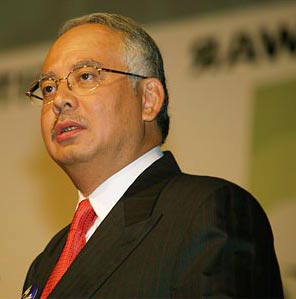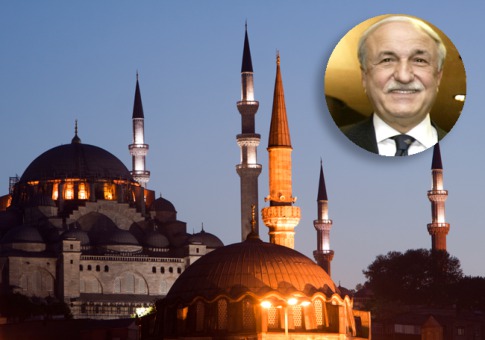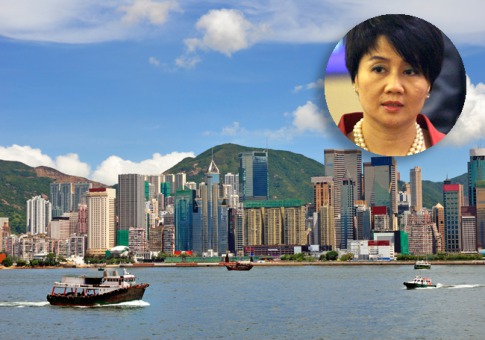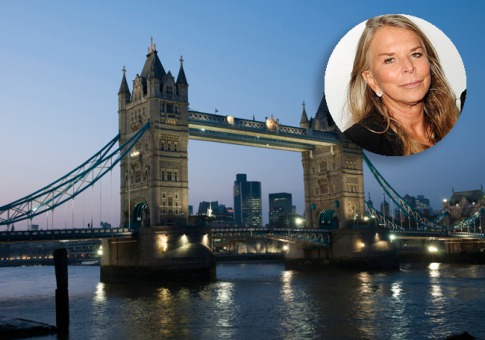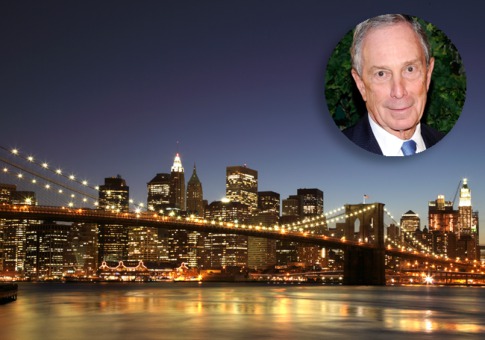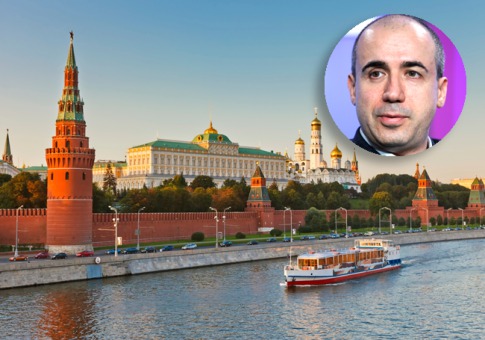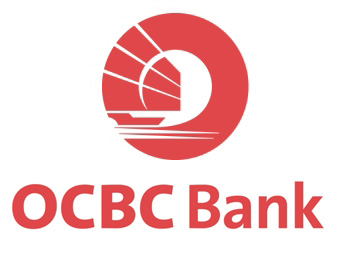
KUALA LUMPUR: "One must have the determination and perseverance to conquer challenges,” says Datuk Seri Stanley Thai, founder, executive chairman and group managing director of Supermax Corp Bhd.
The success story of this 50-year-old, Ernst & Young Entrepreneur Of The Year 2010 and Malaysia’s CEO of the Year 2010 is remarkable.
Money was scarce when Thai and his 13 siblings were growing up in Batu Pahat, Johor. He believed that education would give him a better life and went to Canada to further his studies as it was the cheapest destination for students. After obtaining his Bachelor of Commerce degree (Hons) from the University of Windsor, Ontario, he returned to Malaysia at the end of 1982 and worked in the textile and garment division of an international trading company for five years.
In 1987, Thai ventured into the trading of latex gloves, starting a company with a minimum paid-up capital of RM2. “Trading is about buying and selling. Margins are low. To gain more profit, I had to have high volume,” he says. “I traded in currencies and leveraged the interest rate differentials since I dealt with companies around the world. That is how my profit multiplied.”
Since he had no collateral, Thai negotiated with his bank, promising to refer more business and he appointed a representative of the bank as his company’s financial controller.
In the beginning, Thai only had his wife and a secretary to assist him. He doubled up as the company’s dispatch boy. “It was a lot of commitment and hard work. I worked 16 to 18 hours a day and relaxed when entertaining customers. If I had to travel for business, I opted for an overnight train instead of staying in a hotel,” reminisces Thai.
He made his first million at 29. He then decided to venture into a new area – manufacturing gloves. “Manufacturing involves a large number of employees and fixed cost. The only thing I could do was control productivity and efficiency since sales were based on market prices.”
His first foray was a joint-venture plant in 1989. Two years later, he set up his own plant. Seven years later, he had three wholly owned manufacturing plants.
Today, Supermax manufactures, distributes and markets high-quality medical examination and surgical gloves. It has six overseas distribution centres located in Canada, the US, Belgium, Brazil, Australia and Germany.
The company was listed on the Main Market of Bursa Malaysia in October 2003. Profits have been increasing steadily over the years. Profit after tax for the first nine months of 2010 was RM135.47 million, exceeding the RM126.58 million made in 2009.
Last year, Supermax won the inaugural Edge Billion Ringgit Club “Company of the Year 2010” award, beating 163 other billion-ringgit listed companies. Supermax also received the “Highest Return to Shareholders over 3 years” award and “Highest Growth in Profits Before Tax over 3 years” award.
The father of three indulges in branded suits from Prada, Gianni Versace and Ermenegildo Zegna but says he keeps a careful watch on spending. “I feel heartsick if I spend too much because it is hard-earned money.
Some people are born with a silver spoon in their mouth and spend money without feeling anything because it means nothing to them,” says Thai, who does not invest with a professional asset manager. He prefers to remain hands-on with his investing portfolio as he “knows the risks that I am taking and am thus accountable for mistakes if something goes wrong”.
Here, the entrepreneur shares his thoughts on success, money and investment:
Success
I really don’t know if I am successful. Success is relative. Most importantly, success is not about how others see you but how you see yourself. I know I have built intangible success as I am regarded as reliable and trustworthy and a reputable supplier and manufacturer. I do have tangible success, which is my wealth. But, I don’t actually sit back and count my wealth. Staying focused on running the business is more crucial. Other things, including finances, then fall into place.
Money
Money is just an instrument. Money is useful if you know how to spend it wisely. Money can buy a lot but there are certain things that it cannot buy, such as experience, trust, reliability and brand. I believe that when one reaches a certain stage in life, money is no longer one’s focus. Instead, you will treasure your health, family and true friends.
Best investment
My best investment is Supermax, which I started with RM2 and now it has a market capitalisation of about RM1.5 billion. My oldest factory gave me the best returns as the cash it generated allowed me to open other factories, obtain more financing (from banks), buy land to build factories and open distribution centres in the US, Brazil, Belgium and Australia.
Worst investment
In 2005, I was aggressively acquiring two public glove manufacturers, APL Industries Bhd and Seal Polymer Industries. One company turned out to be bad rubbish while the other was not very good but not very bad. Seal Polymer was eventually privatised in 2007 and during the financial crisis in 2008, I decided to cut my investment in APL Industries because I felt that it could not be turned around. I made a loss of about RM3 million on these acquisitions. In business, you make money and you lose money.
Risk
Everything you do comes with risks. I believe that risks can be measured, calculated and controlled. Often, they may seem scary but when you really examine them, you find that you have nothing to lose. By taking calculated risks, you can reduce the rate of failure. In the event the project does not work, you can re-evaluate the situation to see what went wrong and correct it. I am a conservative person. I will think very carefully before investing. If there is no investment avenue, I will just leave my money in the bank. I only invest in Supermax stocks through my company’s employee share option scheme.
Insurance
Insurance is important for the man in the street. However, insurance becomes less important when you have achieved a certain level of wealth. Anyway, the premiums for life and permanent disability cover are too expensive. For instance, how much do I need to pay for life coverage of US$20 million? Moreover, my EPF contribution will be enough to support my family if something were to happen to me.
Debt
Being in debt is not necessarily a bad thing. To build wealth, you must have some leverage. By borrowing, you are able to multiply your money. The key is not to be over-geared. You are vulnerable if you have too much debt and the market is against your position. So, strike a balance between your debt exposure and your ability to service your debt.
Retirement
I am 50 years old now, but I have the heart of a 25 year old. Retirement is not on my mind. I think I will die young if I were to retire. I am active at work and I will continue to be active. I see myself enjoying life and working fewer hours in my 60s.
Money tips
Everyone should treasure the money he has. Make use of your resources to multiple your money. Don’t follow the herd mentality of putting your money into something that everyone is rushing into. Following the lines of the movie, Wall Street: Money Never Sleeps: ‘Bulls make money, bears make money, but hogs just get slaughtered!’?



